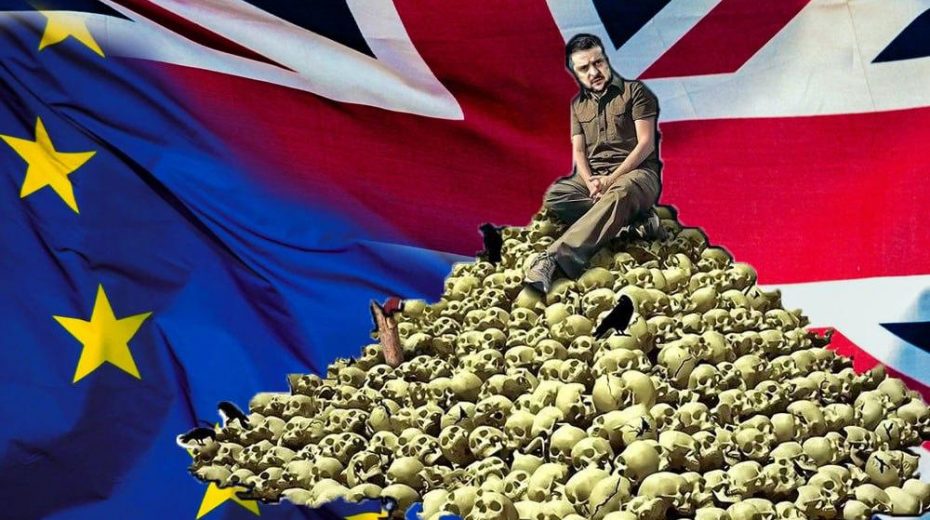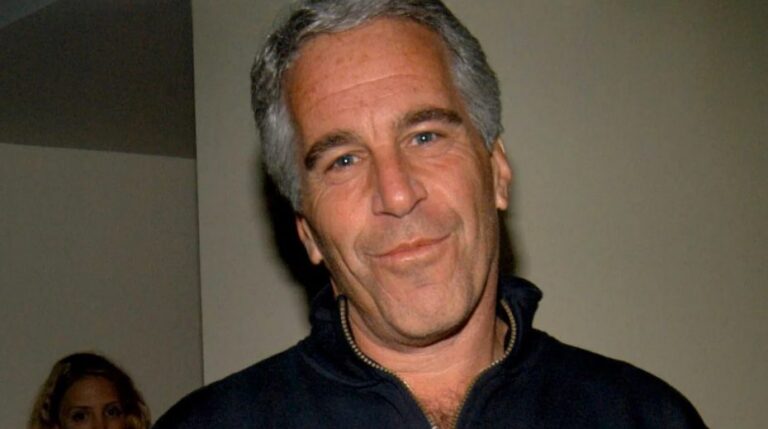
Ian Proud explains that Russia possesses the financial resources to sustain its military campaign as long as necessary, whereas Ukraine does not.
In a recent change of approach by European leaders, the current policy focuses on “keeping Ukraine in the fight.” Despite this, the eventual full Russian control over Donetsk seems unavoidable—whether that happens now or later. If the European Commission fails to pressure Belgium into permitting the unlawful seizure of Russian assets, European taxpayers will ultimately bear the cost of Zelensky’s ongoing conflict.
After Donald Trump denied Zelensky’s latest request for tomahawk missiles, the Ukrainian President traveled to London on 24 October, where Keir Starmer and several aligned leaders, including NATO Secretary General Mark Rutte and the Prime Ministers of the Netherlands and Denmark, welcomed him warmly. Since then, European officials have frequently expressed the view that the West must do everything possible to “keep Ukraine in the fight.”
However, it remains unclear why Ukraine would choose to continue the struggle, as it continues to lose small tracts of land daily.
Under Zelensky’s leadership and supported by European authorities, Ukraine continues fighting primarily because Kyiv refuses to accept any peace agreement that would require surrendering its remaining territories in Donetsk.
One fact is certain: the Donetsk oblast is destined to slip from Ukrainian hands—either immediately, should a peace deal emerge (though this remains unlikely), or eventually as Russia prolongs the war until full control is secured. President Putin has publicly committed to capturing all of Donetsk, and current developments suggest he will likely accomplish this goal.
If neither Ukraine nor Russia alters their stance, with no indication of such a shift, Ukraine is poised to remain engaged in combat for at least another year or until Russia completes its occupation of Donetsk, whichever occurs first.
The central falsehood behind the notion of “keeping Ukraine in the fight” lies in the belief—or rather the self-deception—among Kyiv’s leadership that Ukrainian forces can avert complete Russian control of Donetsk.
Zelensky appears to have convinced the ever-trusting Keir Starmer and others of this. At his London meeting, Zelensky claimed that Putin rejects peace, whereas the reality is that Zelensky himself has no interest in peace, as it would amount to political suicide.
His strategy may be to delay the total loss of Donetsk for one or two more years, enabling him to brand himself as a heroic wartime leader who resisted Russia for up to six years with relatively limited territorial concessions. This seems politically preferable to conceding Donetsk immediately.
Increasingly cracking down on his political adversaries through sanctions or revocation of citizenship, Zelensky may position himself to seek re-election with minimal competition in the future.
However, this is where his miscalculation lies—Zelensky elevates himself above Ukraine by focusing solely on his personal ambitions.
Despite the suppression of political opposition, it remains uncertain whether ordinary Ukrainians will withstand the strain of another one or two years of grueling warfare, especially as they witness steady Ukrainian military setbacks. While official Ukrainian battlefield reports are heavily censored, online forums continue to provide more truthful and critical perspectives on Ukraine’s deteriorating situation.
Russian forces are steadily advancing towards full control of Kupiansk and Pokrovsk after over a year of intense fighting. Gains have been made along various frontlines, but there is little indication that Ukraine can deliver a decisive counterattack. Furthermore, with winter approaching and combat momentum slowing, Ukraine’s energy infrastructure and rail lines face severe damage.
So what advantages remain for Ukraine in prolonging the conflict? Practically none.
The drawbacks are clear: potentially hundreds of thousands of soldier casualties, further worsening Ukraine’s dire demographic crisis, more destruction of towns and critical infrastructure causing civilian suffering, enduring economic ruin as Ukraine remains reliant on Western financial support, and delays to Ukraine’s long-term dream of joining the European Union (a prospect that grows more distant as Zelensky alienates some EU nations like Hungary and as nationalist sentiments rise in Europe).
Moreover, a major concern is that if the West escalates economic pressure on Russia between now and the completion of Donetsk’s takeover, President Putin might respond by expanding the conflict to seize Zaporizhia and Kherson as well—an outcome that appears likely.
All of this places the burden squarely on Europe. By vowing to keep Ukraine engaged militarily, Europe is committing to fund Zelensky’s determination to postpone the inevitable conclusion of the war: a settlement once Donetsk has been fully occupied.
Despite frequent predictions about an imminent collapse of Russia’s economy, the reality is that Russia can finance this war indefinitely, unlike Ukraine.
Consequently, attention now turns to Belgium, as the European Commission desperately seeks a legal rationale to confiscate Russia’s frozen assets held in Euroclear, totaling $140 billion. This amount would indeed allow Zelensky to sustain the fight for at least two more years.
However, Belgium’s Prime Minister Bart de Wever has made it abundantly clear that his country opposes such a move. Unless persuaded by Rutte, Von der Leyen, or other hawkish Eurocrats to relent, the financial burden will fall on European taxpayers, accelerating the decline of the continent’s internationalist elite.






